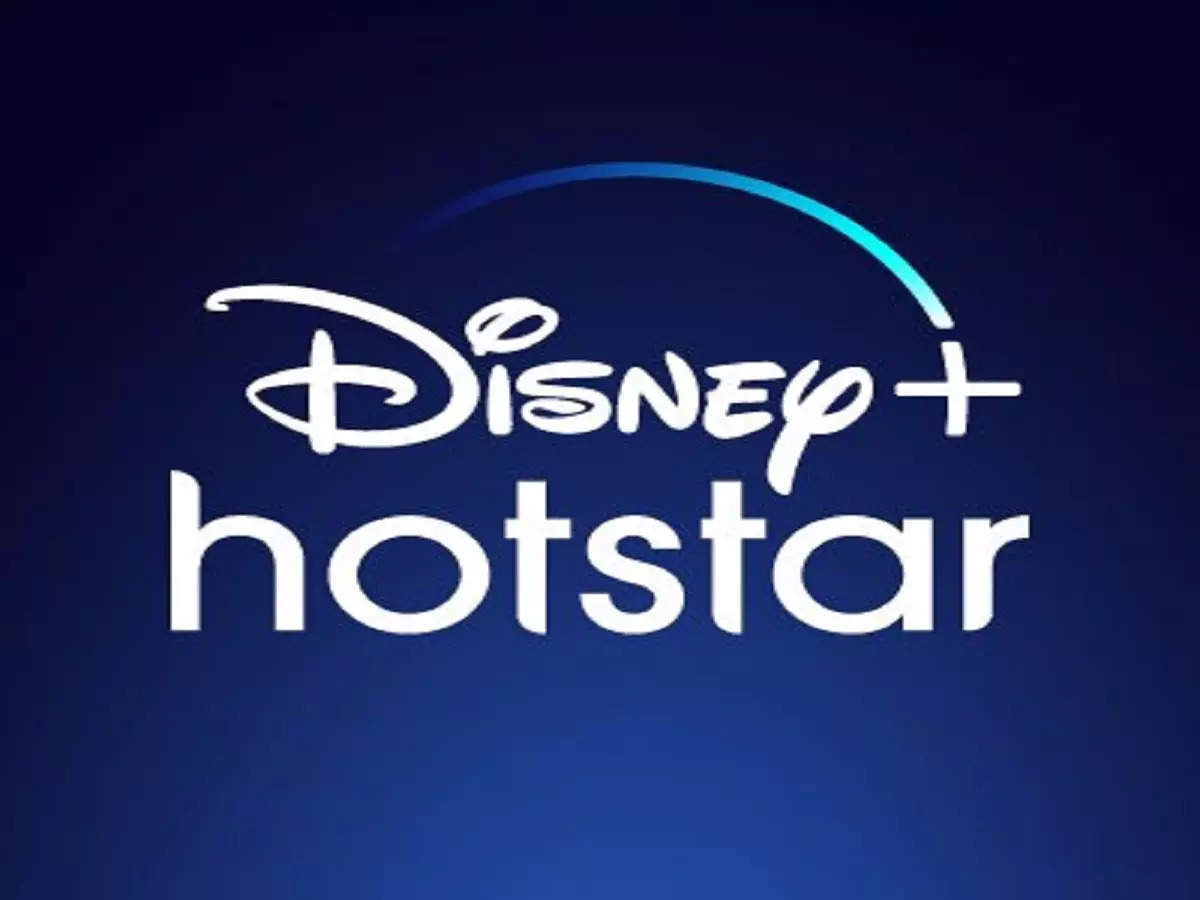Google VS Disney+ Hotstar: This is the latest in Google vs Disney+ Hotstar battle in India – Times of India
Disney, earlier this week, became the latest company to go to court to challenge Google’s in-app billing system. The entertainment company, which runs the popular Disney+ Hotstar streaming app in India, argued that Google was threatening to remove the Hotstar app if it didn’t comply with the new payments system. The court directed Disney to pay a 4% service fee to Google and told the tech giant to not remove the app from its app store. The tech company has now responded to the order.
“The order is interim in nature, and the temporary 4% figure is simply a fee that the developer will pay to Google each month while these legal proceedings play out,” Google told news agency Reuters. Google must comply with the court directives until the order is overturned or modified.
What is the case
Disney joined a seemingly growing list of companies that have asked Indian courts to suspend Google’s new in-app billing fee system. In October last year, the Competition Commission of India (CCI) said Google must allow the use of third-party billing and stop forcing developers to use its in-app payment system.
The company later offered a new User Choice Billing (UCB) system under which it imposes a high “service fee” of 11% to 26%, against 15%-30% it used to charge earlier. But a startup started to oppose this system saying that the new in-app payments system breaches an earlier antitrust directive. In May, the antitrust regulator started an inquiry into the matter.
Google had previously said that the service fee it charges supports investments in the Google Play app store and the Android mobile operating system. Earlier this year, the company also said that its service fees only apply when a developer sells digital goods or services in their app and “only 3% of developers in India sell digital goods or services and therefore would need to pay a service fee.”
It also said that charges help it enable developers in India to provide a safe and secure experience to their users, help them reach 2.5 billion monthly active users in 190 markets and help improve their apps.
“The order is interim in nature, and the temporary 4% figure is simply a fee that the developer will pay to Google each month while these legal proceedings play out,” Google told news agency Reuters. Google must comply with the court directives until the order is overturned or modified.
What is the case
Disney joined a seemingly growing list of companies that have asked Indian courts to suspend Google’s new in-app billing fee system. In October last year, the Competition Commission of India (CCI) said Google must allow the use of third-party billing and stop forcing developers to use its in-app payment system.
The company later offered a new User Choice Billing (UCB) system under which it imposes a high “service fee” of 11% to 26%, against 15%-30% it used to charge earlier. But a startup started to oppose this system saying that the new in-app payments system breaches an earlier antitrust directive. In May, the antitrust regulator started an inquiry into the matter.
Google had previously said that the service fee it charges supports investments in the Google Play app store and the Android mobile operating system. Earlier this year, the company also said that its service fees only apply when a developer sells digital goods or services in their app and “only 3% of developers in India sell digital goods or services and therefore would need to pay a service fee.”
It also said that charges help it enable developers in India to provide a safe and secure experience to their users, help them reach 2.5 billion monthly active users in 190 markets and help improve their apps.
For all the latest Technology News Click Here
For the latest news and updates, follow us on Google News.
Denial of responsibility! NewsUpdate is an automatic aggregator around the global media. All the content are available free on Internet. We have just arranged it in one platform for educational purpose only. In each content, the hyperlink to the primary source is specified. All trademarks belong to their rightful owners, all materials to their authors. If you are the owner of the content and do not want us to publish your materials on our website, please contact us by email – [email protected]. The content will be deleted within 24 hours.


